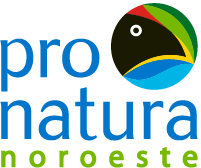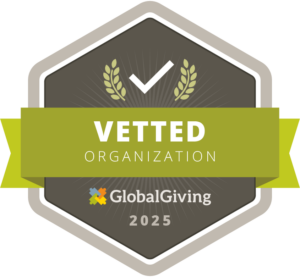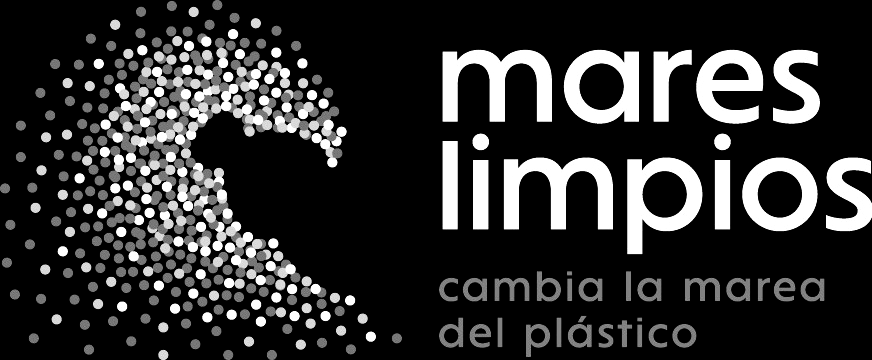Fishing is a traditional trade in northwestern Mexico. From Baja California to Sinaloa, thousands of families depend on this noble activity that has been the driving force behind many coastal communities. So important that the northwest region accounts for 78% of the nationally registered catch, with almost one million tonnes per year.
While the economic and social contribution of fisheries is well known, the environmental impact of any fishing effort must be recognised, as this is the only way to ensure sustainable fisheries. This is precisely what drives us to work closely with the fishing communities in the region. We have focused on eight Fishery Improvement Projects (FIPs) that benefited 4 000 fishermen in 2022. All this work, driven by the team’s technicians, resulted in a production of more than 8,000 tonnes of fish and seafood.
Among the projects we lead are the red urchin (Mesocentrotus franciscanus) and the red lobster (Panulirus interruptus) in Baja California, as well as the verdillo (Paralabrax nebulifer) in Baja California Sur. We also participate in management plans for snook (Centropomus viridis), red snapper (Lutjanus colorado) on the coast of Nayarit and chocolate clam (Magapitaria squalida) in Sinaloa. We are also running a fishery improvement project in the San Cosme-Punta Coyote corridor in Baja California Sur and consolidating another one in the Upper Gulf of California.
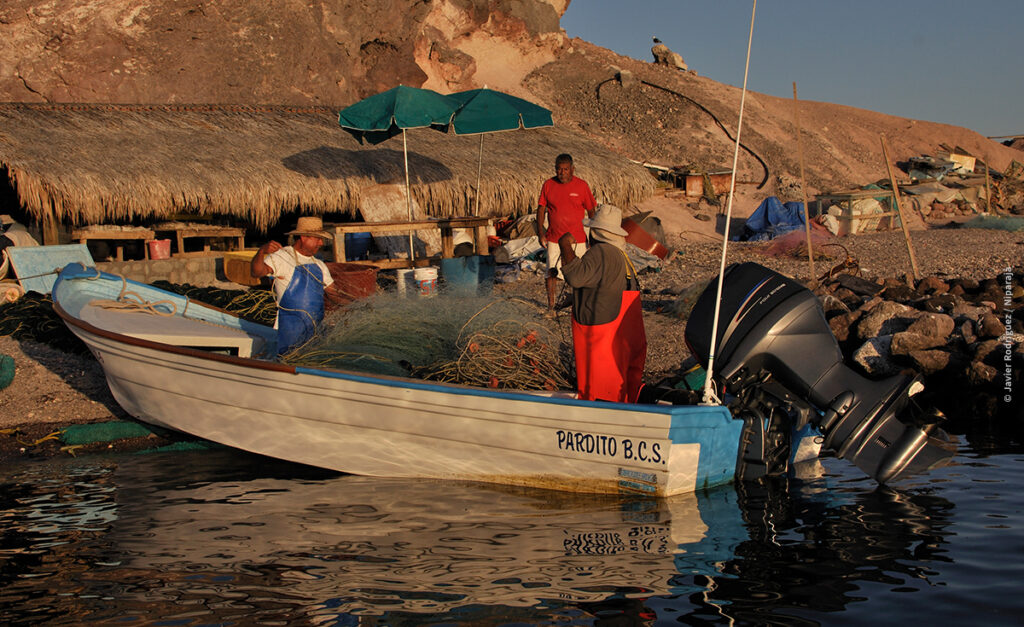
For all fisheries, important achievements towards sustainability have been made. For example, we analysed climate vulnerability in the sea urchin, lobster and octopus fisheries in Baja California, and the verdillo in Baja California Sur, enabling us to propose a series of measures to adapt to the effects of climate change in the fishing communities that exploit these resources. In addition, we were able to implement the social responsibility policy in all FIPs, bringing fishermen closer to a better understanding of their human and labour rights.
Traceability systems, which undoubtedly offer the possibility of generating economic incentives for all actors involved in the value chain, are another advance. With the sea urchin fishery in Baja California and the jack mackerel fishery in Baja California Sur, we have demonstrated legal provenance and good practices in all stages of the process, which has motivated more fishermen and cooperatives to join the effort. In addition, we are constantly training young people in the use of digital tools, which has allowed us to standardize the recording of fishing data that, in turn, supports better decision making for the sustainable use of marine resources.
Finally, we have strengthened the financial capacities of fishing organizations, making them more efficient in the use of human, material and financial resources, which in turn allows them to achieve better market opportunities for all products obtained with sustainable practices.
All this effort is maintained day after day by our experts spread all over Northwest Mexico. Achieving sustainability in fisheries depends greatly on your support: join the cause.
